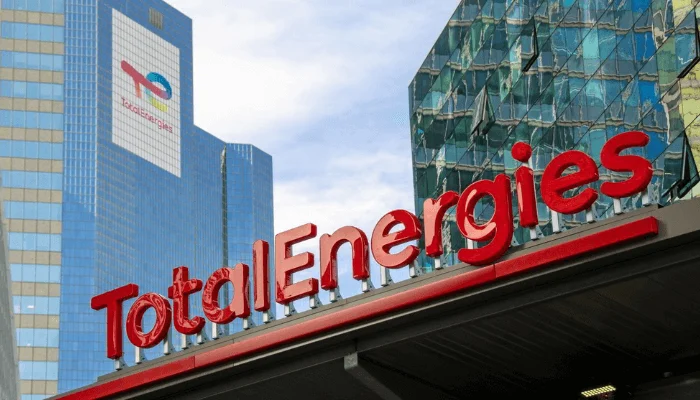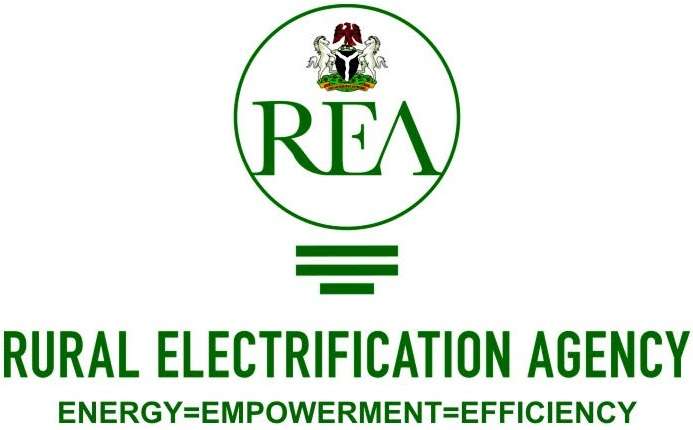The African Development Bank (AfDB) has launched a landmark $263.8 million infrastructure development project in Abia State, Nigeria, designed to transform urban living, improve economic activity, and drive inclusive development. The Abia Integrated Infrastructure Development Project (AIIDP) was officially unveiled on July 11, 2025, in collaboration with the Islamic Development Bank (IsDB), Nigeria’s Federal Government, and the Abia State Government.
Targeting the fast-growing urban centres of Umuahia and Aba, the initiative aims to modernize over 248 kilometres of roads, restore key erosion sites, and significantly improve stormwater drainage, water supply, and sanitation services for more than 1.5 million residents.
AfDB is contributing $115 million including $100 million from its ADB window and $15 million via the Canada-AfDB Climate Fund. The IsDB is co-financing with $125 million, while the Federal Government is providing $23.8 million in counterpart funding.
Speaking at the launch, AfDB President Dr. Akinwumi Adesina hailed the project as a “model for resilient urban infrastructure development”, aligning closely with Nigeria’s National Development Plan 2021-2025. The project also marks a shift in sub-national infrastructure financing, bolstering investor confidence and setting a precedent for other states.
Abia State Governor Alex Otti described the initiative as a game-changer. “This project will reduce flood risks, unlock economic productivity, and raise living standards. We’re building a state that works for the people, for investors, and for the future,” he said.
The project is expected to create over 3,000 temporary jobs during construction 30% reserved for women and generate 1,000 permanent jobs in the operational phase, with 50% allocated to youth trained through the State Youth Road Maintenance Corps. It also includes robust social safeguards, including entrepreneurship training, HIV/AIDS awareness campaigns, and financial and procurement system enhancements.
AfDB Nigeria Country Director Dr. Abdul Kamara reaffirmed the project’s long-term vision: “It’s about cutting travel time, boosting incomes, expanding access to schools and healthcare, and opening space for women and youth to thrive.”
With technical support, transparent monitoring mechanisms, and a shared commitment to results, the AIIDP is positioned to become a benchmark for inclusive, climate-resilient urban development in Nigeria.




